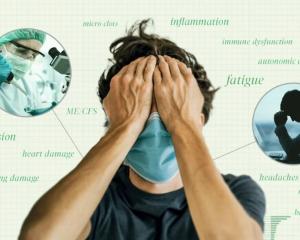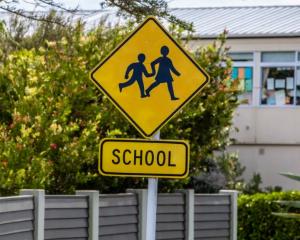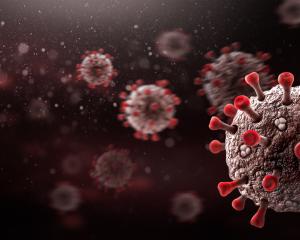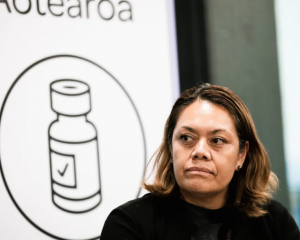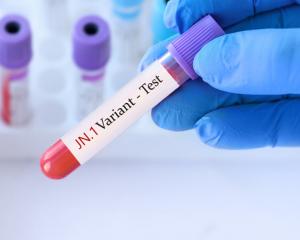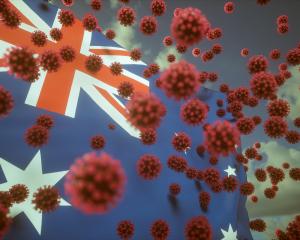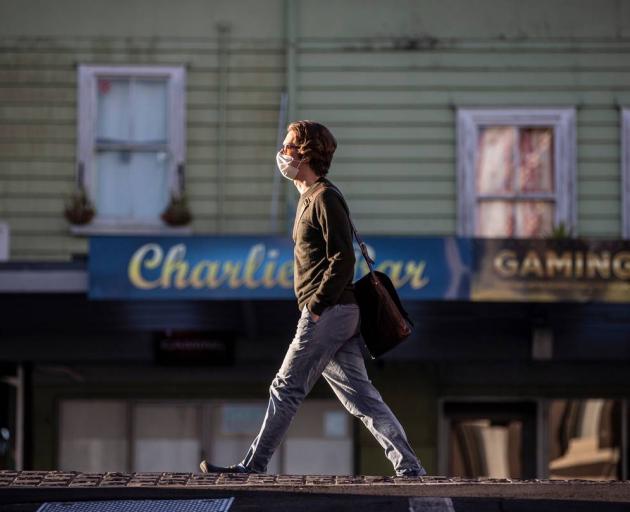
All of the cases are in Auckland and of the cases 31 are yet to be epidemiologically linked.
Today's cases take the total number of community cases in the outbreak to 1855.
One new case has been identified at the border.
Of yesterday's 71 cases, 30 had exposure events in the community and the rest were isolated through their infectious period.
There are 34 people in hospital with Covid-19 - six in ICU or High Dependency Units.
Yesterday 68,003 people were vaccinated, made up of 15,121 first doses and 52,882 second doses.
Waikato update
Waikato DHB is continuing to carry out regionwide testing, to help rule out any undetected community spread of COVID-19.
There were five community testing centres available across Waikato today, including a pop-up testing centre in Te Awamutu following a second positive wastewater detection in the area.
Public health officials were yet to identify anyone who returned to the area from managed isolation and quarantine and could be shedding the virus in the area.
For this reason, anyone in the Te Awamutu area who had symptoms of Covid19, or had family or household members who are symptomatic, or anyone who travelled in and out of the area regularly for work, were urged to get tested as soon as possible.
Anyone who had been at a location of interest at the relevant time and is now in Te Awamutu should also get tested.
Location of testing sites in and around Te Awamutu and Waikato are available on the Healthpoint website and the Waikato DHB website.
There were no new cases to report in Waikato today, with the total number of cases in the region associated with this outbreak remaining at 37. Of these cases, two (who are within the same household) were yet to be linked to another case, with investigations into the source of their infection ongoing.
Results of whole genome sequencing from samples from these two cases reported on Wednesday showed they were linked to other local cases and the Auckland outbreak. Hamilton residents were encouraged to keep checking the Ministry’s website for any locations of interest.
Meanwhile, vaccination rates in Waikato remained high yesterday with 6,502 people receiving a dose – of these, 1,939 were first doses, and a further 4,563 were second doses. There were also around 3,500 swabs taken across the region yesterday.
Case numbers expected to rise
The slight drop in case numbers today comes as health authorities has warned case numbers will rise over the coming weeks.
On August 29, 83 new community cases were recorded in New Zealand - the highest number seen in a single day during the Delta outbreak.
Case numbers spiked to 75 again on September 1 but with numbers steadily rising from 35 on Monday to 71 yesterday.
Despite the general trend of increasing case numbers, director general of health Dr Ashley Bloomfield told Newstalk ZB's Mike Hosking there was no need for alarm.
"I don't think we should be panicking. People should be following the alert level 3 rules, and they should be, if they haven't already, getting vaccinated because that is going to be - and has always been - our ticket to more freedom. The future has come forward - let's embrace it."
Of yesterday's 71 cases, 28 were unlinked but Bloomfield said the focus was now on isolating the cases rather than finding the link straight away.
On a potential change in alert level position for Auckland on Monday, Bloomfield said vaccination rates in the region would be a big consideration.
That's where tomorrow's Super Saturday events come in.
While it would not make a "material difference" for this Monday, it was crucial for down the track, Bloomfield said. The faster the region could get to a fully vaccinated rate of 90 per cent or higher, then all options were on.
Bloomfield told RNZ that of the 170 people so far hospitalised in the Delta outbreak in Auckland only three had been fully vaccinated.
Around 4 per cent of all people who had caught Covid in the outbreak were fully vaccinated - while a percentage of others had received one dose, he said. The vast majority of cases and hospitalised people had not received any dose.
"We do know vaccinated people seem to be infectious for a shorter period. First of all, they are less likely to pass on the virus and if they are infectious, it's for a shorter period."
Covid-19 Response Minister Chris Hipkins told the Herald the Government had been looking at how to revamp the way positive cases and Kiwis returning from overseas were managed but the need had now become immediate.
"We shouldn't underestimate the extent to which we're right at the tipping point of having to make some big decisions, based on a fundamentally different risk profile to the one we had a couple of months ago," Hipkins said.
That meant positive cases identified as being at low risk of spreading the virus could be told to quarantine at home from now on.
"We have to look at our MIQ settings. Are we isolating the right people?" Hipkins said.
"At the moment right across MIQ, including the international arrivals and close contacts of cases, the vast majority don't have Covid.
"When you're dealing with actual cases in the community, you want as many as possible to be safely isolated, so the whole risk assessment changes."
That means cases at low risk of infecting others will isolate at home, while high risk ones will be moved to MIQ.

